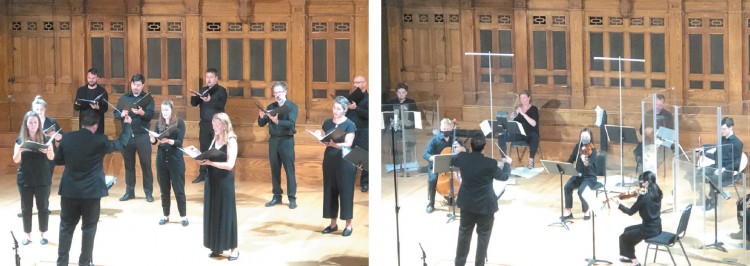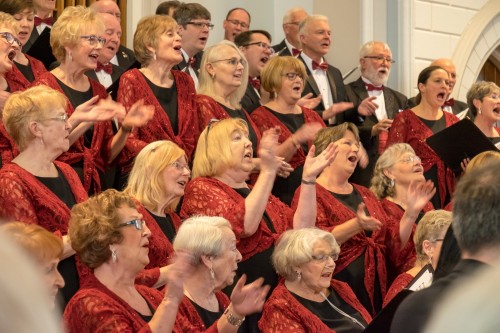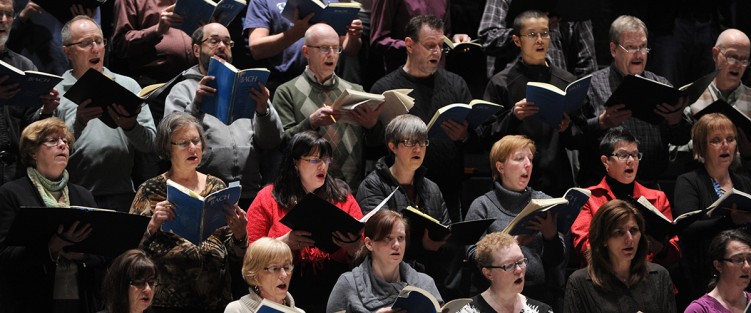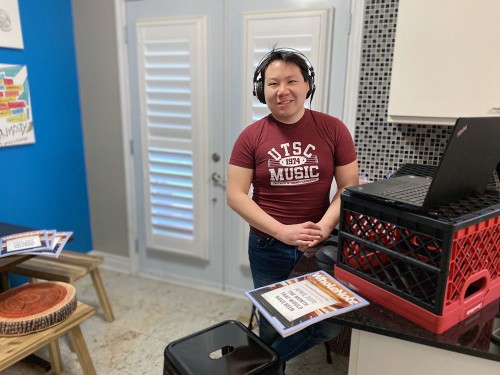Lessons from Skagit Valley and Beyond: Choral Music in a Time of Pandemic
 These are challenging times to be a musician. Empathy and compassion is a crucial part of a pandemic response, but it is easily forgotten in the immediate dangers of trying to protect oneself from an unmasked person, or trying to plan out the next month’s rent without income from performing. For some, returning to work, be it the arts or offices or restaurants, isn’t a matter of choice – it’s the difference between having somewhere to live next month or being able to afford dinner that day. The arts are workplaces with livelihoods on the line and right now, we’re all struggling.
These are challenging times to be a musician. Empathy and compassion is a crucial part of a pandemic response, but it is easily forgotten in the immediate dangers of trying to protect oneself from an unmasked person, or trying to plan out the next month’s rent without income from performing. For some, returning to work, be it the arts or offices or restaurants, isn’t a matter of choice – it’s the difference between having somewhere to live next month or being able to afford dinner that day. The arts are workplaces with livelihoods on the line and right now, we’re all struggling.
For singers and wind musicians in particular, current circumstances are particularly difficult. Crises are intersecting in our arts communities at the moment and are demanding ever more complex responses from the choral world than ever before if we are going to find a way through. There are real and serious dangers to consider as choristers return to action.
Speaking with choristers, there is already so much anxiety and lack of knowledge about how to proceed with doing what we love in a time of pandemic. So it is additionally hard to find oneself in a community of interest where, as in society as a whole, some of those voices are pandemic deniers, vehement anti-maskers, who participate in the pandemic conspiracies and spout the paranoia of “state compliance” and our loss of “bodily sovereignty.” The unfortunate truth is that these people are part of our choirs, part of our choral communities, and they present dangers.
This month, I’m presenting some of my thoughts on recent scientific data and what you can expect from digital rehearsals and upcoming digital concerts.





